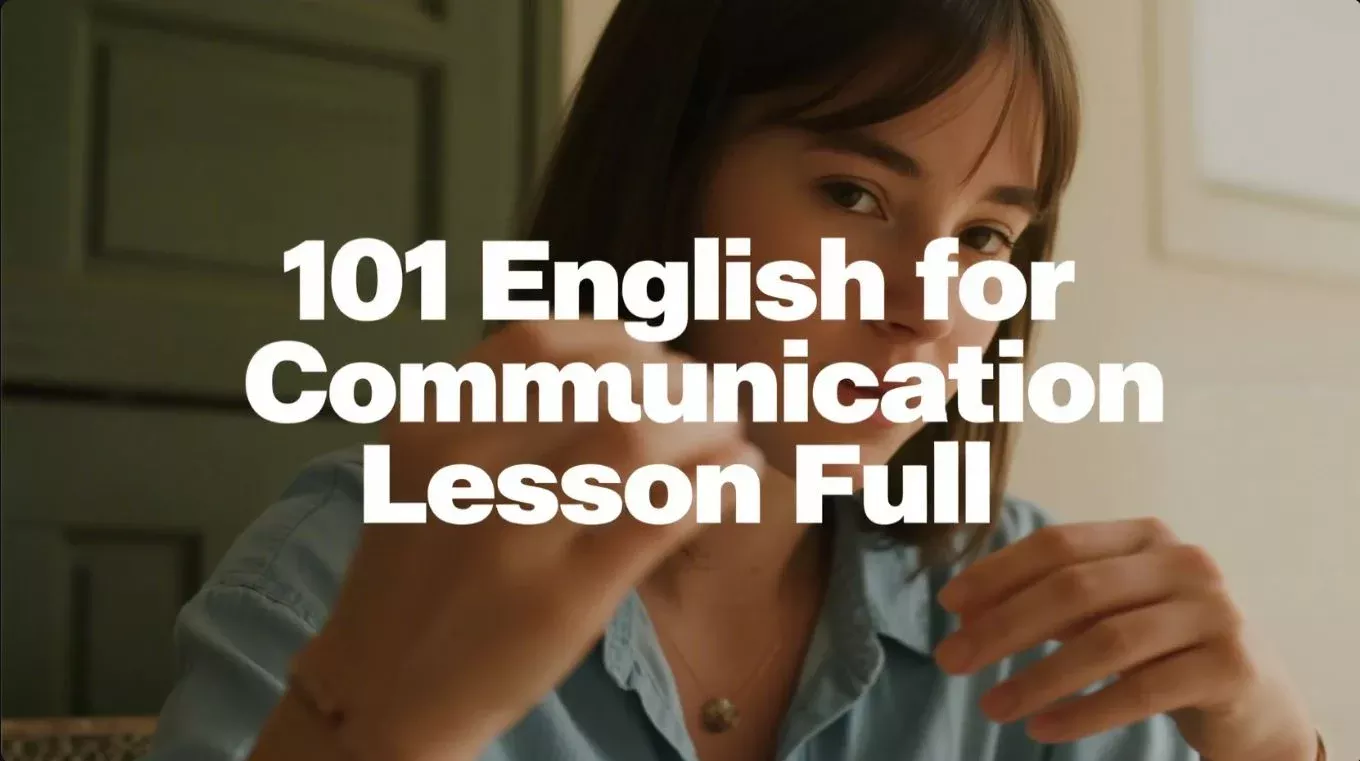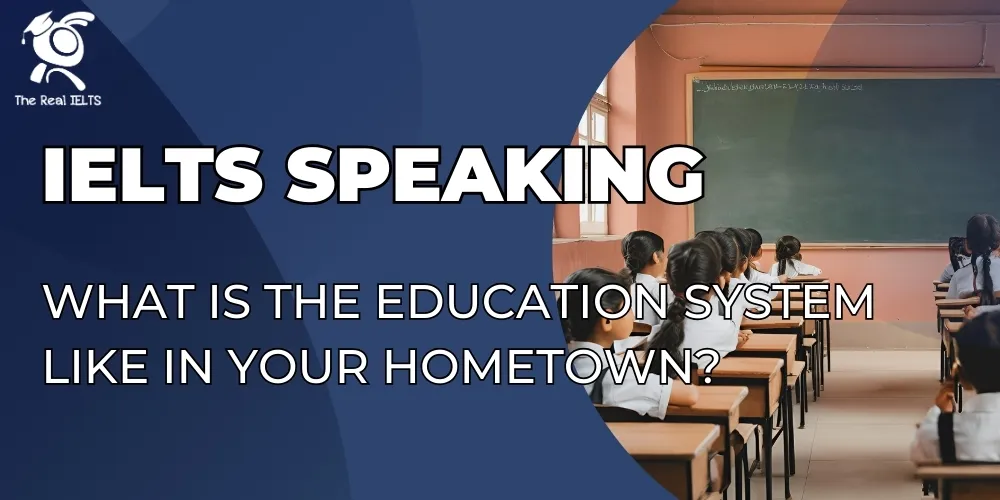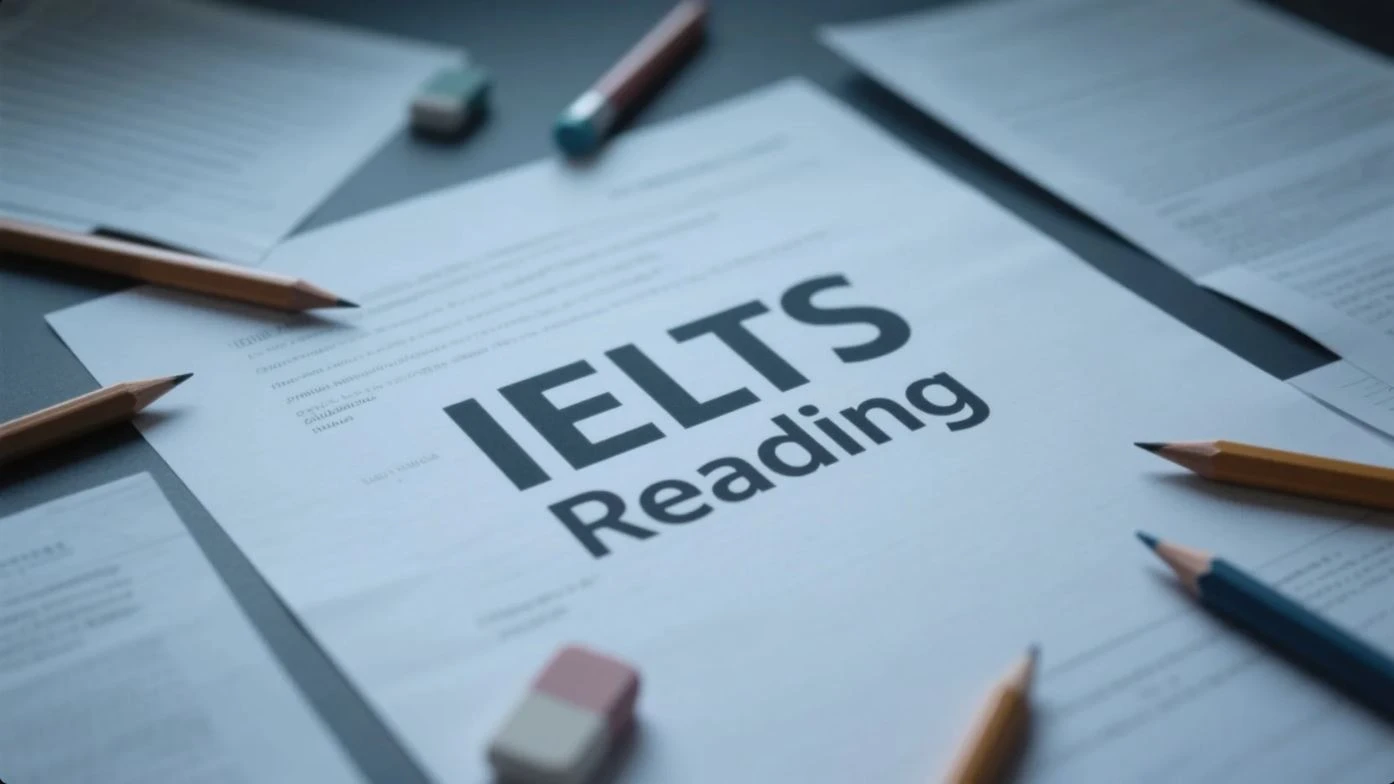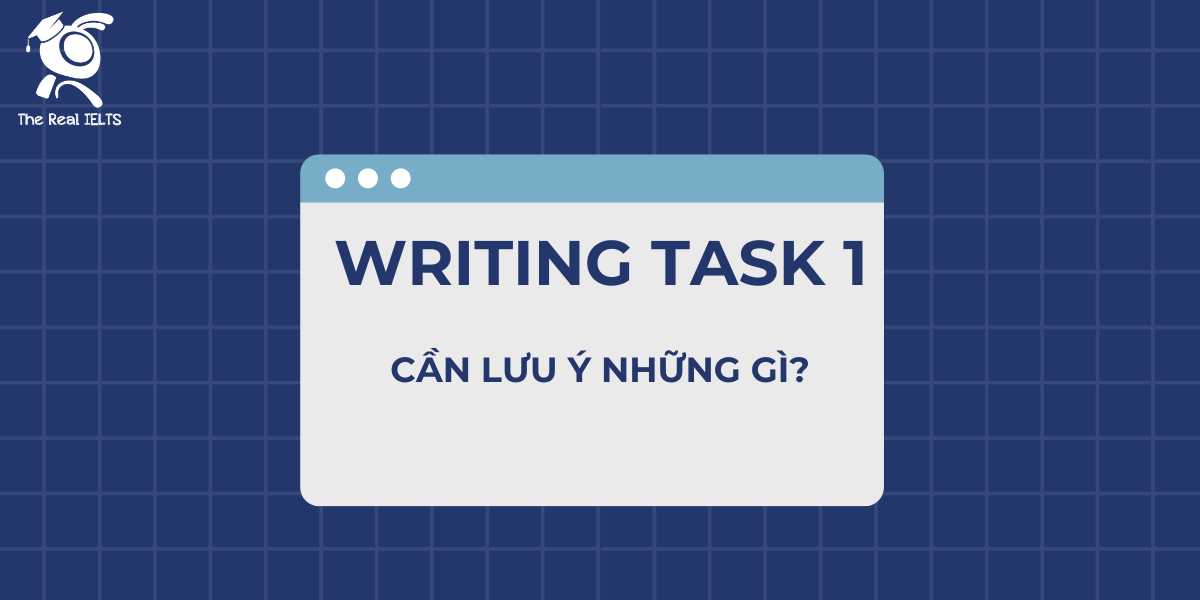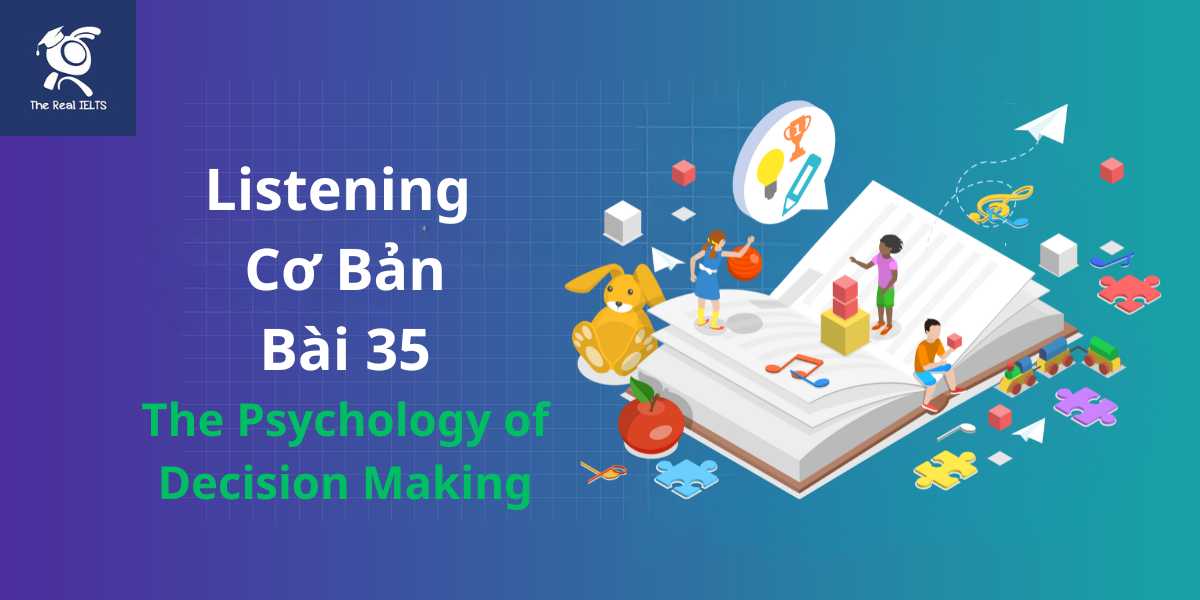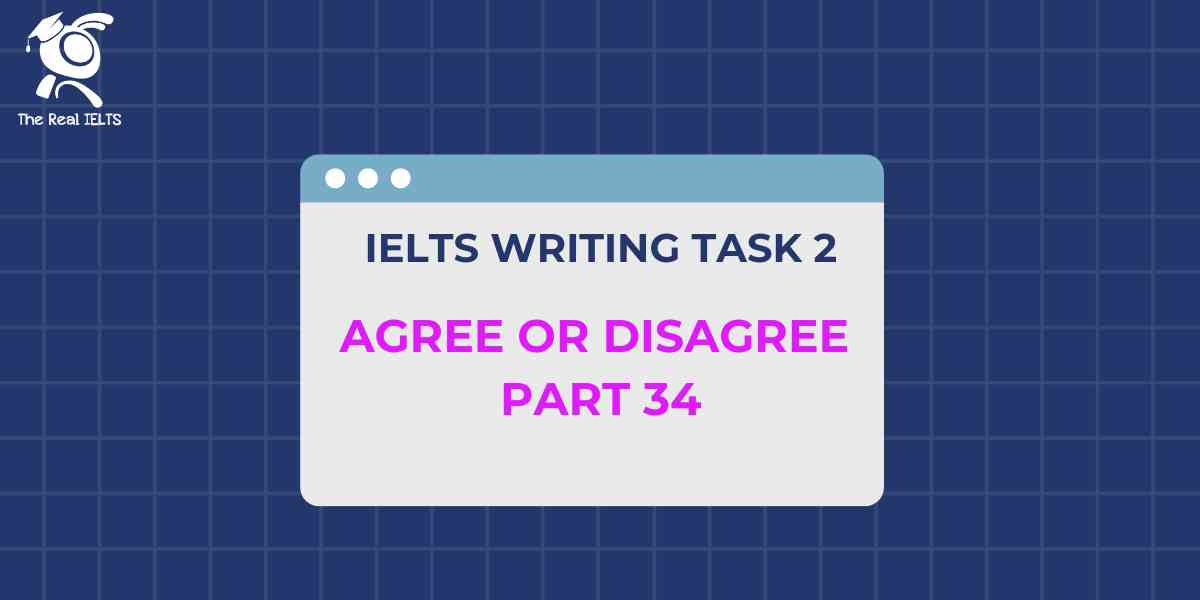100 ví dụ hỏi và trả lời về môi trường
Đọc thêm: 101 Bài Tiếng Anh Giao Tiếp Cơ Bản Full
Climate Change and Global Warming
- Q: What is climate change in your own words?
A: It’s the long-term shift in weather patterns due to human activities like burning fossil fuels. - Q: Why is climate change a global concern?
A: It affects ecosystems, weather, and livelihoods worldwide. - Q: What’s a recent news story about climate change?
A: A report on rising sea levels threatening coastal cities. - Q: How does climate change impact your community?
A: We’re seeing more extreme weather, like heavy storms. - Q: What’s one way to combat climate change?
A: Reducing carbon emissions through renewable energy. - Q: How do you stay informed about climate change?
A: I follow environmental news and scientific reports. - Q: What’s a climate goal you support?
A: Achieving net-zero emissions by 2050. - Q: How does global warming affect wildlife?
A: It disrupts habitats, like melting ice for polar bears. - Q: What’s a technology helping fight climate change?
A: Solar panels—they provide clean energy. - Q: How can individuals help reduce global warming?
A: By using less energy and supporting green policies.
Conservation and Biodiversity
- Q: Why is biodiversity important to the environment?
A: It ensures ecosystems are balanced and resilient. - Q: What’s a species you’re worried about losing?
A: Coral reefs—they’re vital to marine life. - Q: How can we protect endangered species?
A: By preserving habitats and enforcing wildlife laws. - Q: What’s a conservation effort you admire?
A: Reforestation projects to restore forests. - Q: How does deforestation impact the environment?
A: It reduces carbon storage and destroys habitats. - Q: What’s a way to support conservation locally?
A: Volunteering for cleanups or planting trees. - Q: How do you feel about wildlife conservation news?
A: It’s inspiring but shows we need more action. - Q: What’s a threatened ecosystem you’ve learned about?
A: The Amazon rainforest—it’s critical for biodiversity. - Q: How can governments protect biodiversity?
A: By creating protected areas and regulating poaching. - Q: What’s an animal you want to help protect?
A: Sea turtles—they face many threats.
Sustainability and Green Living
- Q: What does sustainability mean to you?
A: Living in a way that preserves resources for future generations. - Q: What’s one sustainable habit you practice?
A: Using reusable bags instead of plastic ones. - Q: How do you reduce waste in your daily life?
A: I recycle and compost as much as possible. - Q: What’s a sustainable product you recommend?
A: A reusable water bottle—it cuts down on plastic. - Q: How can we promote sustainable living?
A: By educating others and supporting eco-friendly brands. - Q: What’s a green technology you’re excited about?
A: Electric vehicles—they reduce emissions. - Q: How do you plan to live more sustainably?
A: By reducing energy use and eating less meat. - Q: What’s a sustainable goal for your community?
A: To switch to 100% renewable energy. - Q: How does sustainable farming help the environment?
A: It reduces chemical use and preserves soil health. - Q: What’s a simple way to be more eco-friendly?
A: Turning off lights when not in use.
Pollution and Waste
- Q: What’s a major source of pollution in your area?
A: Vehicle emissions—they harm air quality. - Q: How does plastic pollution affect oceans?
A: It harms marine life and disrupts ecosystems. - Q: What’s one way to reduce plastic waste?
A: Avoiding single-use plastics like straws. - Q: How do you feel about air pollution news?
A: It’s concerning and pushes me to support clean air policies. - Q: What’s a pollution issue you want to address?
A: Water pollution from industrial runoff. - Q: How can we reduce waste in our communities?
A: By promoting recycling programs and education. - Q: What’s a news story about pollution you’ve read?
A: A cleanup effort for a polluted river. - Q: How does pollution affect human health?
A: It causes respiratory issues and other diseases. - Q: What’s a way to combat air pollution?
A: Using public transport or biking instead of driving. - Q: How do you reduce your own waste footprint?
A: I buy in bulk to avoid excess packaging.
Renewable Energy and Resources
- Q: Why is renewable energy important?
A: It reduces reliance on fossil fuels and cuts emissions. - Q: What’s a renewable energy source you support?
A: Wind energy—it’s clean and efficient. - Q: How can we promote renewable energy use?
A: By investing in infrastructure and subsidies. - Q: What’s a news story about renewable energy?
A: A country achieving 50% renewable energy use. - Q: How do you use energy responsibly at home?
A: I use energy-efficient appliances and LED bulbs. - Q: What’s a benefit of solar energy?
A: It’s sustainable and reduces electricity costs. - Q: How can governments encourage renewable energy?
A: By offering tax incentives for green technology. - Q: What’s a resource you think we should conserve?
A: Water—it’s essential and often wasted. - Q: How does renewable energy impact the environment?
A: It lowers greenhouse gas emissions. - Q: What’s a personal goal for using green energy?
A: To install solar panels on my home.
Personal Actions and Advocacy
- Q: What’s one thing you do to help the environment?
A: I plant trees in my community. - Q: How do you inspire others to care about the environment?
A: By sharing tips and leading by example. - Q: What’s an environmental cause you support?
A: Ocean conservation to protect marine ecosystems. - Q: How do you stay motivated to protect the environment?
A: I focus on the positive impact of small actions. - Q: What’s a way you advocate for the environment?
A: I join local cleanups and spread awareness. - Q: How do you reduce your carbon footprint?
A: By walking or cycling instead of driving. - Q: What’s an environmental habit you want to start?
A: Composting food waste at home. - Q: How do you educate others about the environment?
A: I share articles and discuss issues with friends. - Q: What’s a local environmental project you’re part of?
A: A community garden promoting sustainable food. - Q: How do you stay hopeful about environmental issues?
A: I focus on progress, like new green technologies.
Environmental Challenges
- Q: What’s the biggest environmental challenge today?
A: Climate change—it affects every aspect of life. - Q: How does deforestation impact the planet?
A: It increases CO2 levels and destroys biodiversity. - Q: What’s a challenge in reducing pollution?
A: Changing industries’ reliance on harmful practices. - Q: How do you react to news about environmental crises?
A: It motivates me to act and support solutions. - Q: What’s a global environmental issue you’re concerned about?
A: Melting ice caps and rising sea levels. - Q: How can we address overpopulation’s impact on the environment?
A: Through education and sustainable resource use. - Q: What’s a local environmental challenge you’ve noticed?
A: Littering in public spaces. - Q: How does urbanization affect the environment?
A: It leads to habitat loss and increased pollution. - Q: What’s an environmental issue you want to learn more about?
A: Microplastics and their impact on health. - Q: How do you cope with discouraging environmental news?
A: I focus on what I can do, like reducing waste.
Policy and Global Efforts
- Q: What’s an environmental policy you support?
A: Banning single-use plastics. - Q: How can governments tackle environmental issues?
A: By enforcing stricter regulations on emissions. - Q: What’s a global environmental agreement you’ve heard of?
A: The Paris Agreement to limit global warming. - Q: How do you feel about international environmental efforts?
A: They’re promising but need stronger enforcement. - Q: What’s a policy that could help the environment locally?
A: Incentives for green buildings and energy. - Q: How can citizens influence environmental policy?
A: By voting and advocating for change. - Q: What’s a news story about environmental policy?
A: A new law to protect wetlands. - Q: How do global leaders impact environmental progress?
A: Their decisions shape funding and priorities. - Q: What’s an environmental initiative you admire?
A: The global push for reforestation. - Q: How can countries work together on environmental issues?
A: By sharing technology and resources.
Future of the Environment
- Q: What’s your hope for the environment’s future?
A: A world powered by clean energy and thriving ecosystems. - Q: How do you think technology will help the environment?
A: Innovations like carbon capture will reduce emissions. - Q: What’s an environmental goal for the next decade?
A: Restoring degraded ecosystems globally. - Q: How can education shape the future of the environment?
A: By teaching kids sustainable practices early. - Q: What’s a future trend in environmental protection?
A: Circular economies to reduce waste. - Q: How do you plan to contribute to a better environment?
A: By adopting a zero-waste lifestyle. - Q: What’s an environmental innovation you hope to see?
A: Affordable clean energy for all. - Q: How can businesses help the environment in the future?
A: By prioritizing sustainability in their operations. - Q: What’s a vision for a sustainable future?
A: Cities designed with green spaces and clean transport. - Q: How do you stay optimistic about the environment?
A: I focus on collective efforts and progress.
Personal Connection to the Environment
- Q: What’s an environmental memory you cherish?
A: Hiking in a forest and feeling connected to nature. - Q: How does nature inspire you?
A: Its beauty motivates me to protect it. - Q: What’s an environmental activity you enjoy?
A: Gardening—it’s rewarding and eco-friendly. - Q: How has the environment shaped your life?
A: Growing up near the ocean taught me its value. - Q: What’s a place in nature you want to protect?
A: My local park—it’s a community treasure. - Q: How do you connect with the environment daily?
A: I spend time outdoors and appreciate its beauty. - Q: What’s an environmental lesson you’ve learned?
A: Small actions, like recycling, add up. - Q: How do you teach others about the environment?
A: By sharing tips and leading by example. - Q: What’s an environmental goal you have?
A: To live plastic-free within a year. - Q: How do you hope to leave the environment better?
A: By inspiring others to care and act.


